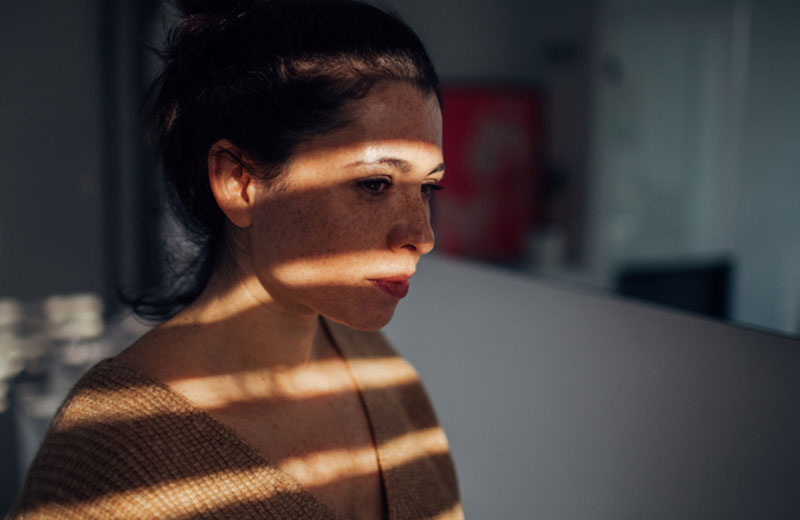Major Depressive Disorder, the most commonly diagnosed form of depression, affects 16 million adults in the United States and is the leading cause of disability among people between the ages of 15 and 44, according to the Anxiety and Depression Association of America. Traditional depression treatment, typically comprising medication and therapy, works for many people.
However, for some people, this just isn’t enough. As many as two-thirds of people with depression don’t get the results they want from the first anti-depressants they try. A third of those people don’t respond to several attempts at treatment. Treatment-resistant depression leaves people feeling discouraged and hopeless, as the months and years go by without significant relief.
It may have taken all your strength and courage just to seek help in the first place. When traditional methods just don’t work, this can be demoralizing and debilitating. Seeing a psychiatrist who is a medical doctor and can prescribe medication is the first step. However, research shows that up to 65 percent of antidepressants are actually prescribed by primary care physicians. It’s important to be seen by a specialist such as a psychiatrist if you think you may suffer from treatment-resistant depression.
Action Plans
You’ve followed your doctor’s advice. You’ve taken the medications, attended therapy sessions, and made recommended lifestyle changes, but all to no avail. You still don’t feel like your old self. Now what? It can certainly be frustrating to wait for your treatments to kick in. It’s important to be patient yet not passive throughout the process.
Step #1: Talk About Your Treatment Options
Discuss all available options with your doctor as well as the pros and cons. Let them know what’s working and what’s not. Keep a journal. Share your concerns with your doctor.
Step #2: Give Your Medication Time to Work
Antidepressant medications don’t work overnight, often taking several weeks for the medication to make a noticeable impact on mood. If you’re still seeing a primary care doctor but aren’t getting better after the suggested time frame, ask for a referral for a psychiatrist.
Step #3: Recognize When Treatment Just Isn’t Working
It’s important to know when to consult a mental health professional. Generally, when you are
still having significant symptoms after four and six weeks, your psychiatrist may up your dose or change the medication. The goal is to get you feeling and functioning at the level you were at prior to the first episode of depression. The only way this can happen is if you work closely with your doctor, try not to get discouraged, and stay in communication. Do your part to make necessary lifestyle changes to help your depression, such as regular exercise, healthy eating, social support, and sticking to regular sleep schedules.
Step #4: Talk to Your Doctor About Alternative Treatment Plans
If you’ve tried all the above treatment plans and nothing is working after several months or years, you may be a good candidate for Transcranial Magnetic Stimulation (TMS). This is a non-invasive treatment used for cases of severe depression and OCD. Comprehensive MedPsych Systems offers this revolutionary approach, which uses magnetic stimulation of the brain to improve mood.
It’s been approved by the U.S. Food and Drug Administration and is proven to be helpful for those who can’t gain significant relief from traditional approaches. It’s good for those who don’t get relief from medication, those who experience bad side effects from their medication, and those who want to steer clear of prescription medication to treat their depression.
TMS has a promising track record. Those who suffer from Major Depressive Disorder can benefit from Comprehensive MedPsych Systems’ use of NeuroStar® technology for treating TMS with excellent results. In fact, 81 percent of patients responded to NeuroStar TMS treatment, with 45 percent remitting from their long-term depression symptoms. Read more about TMS and its benefits here.
Then, call us to book your appointment and come in for a consultation. We specialize in treatment-resistant depression. You don’t have to suffer any longer.

